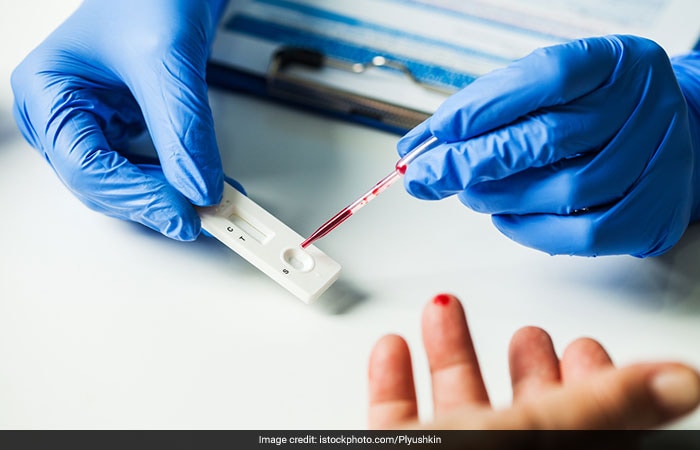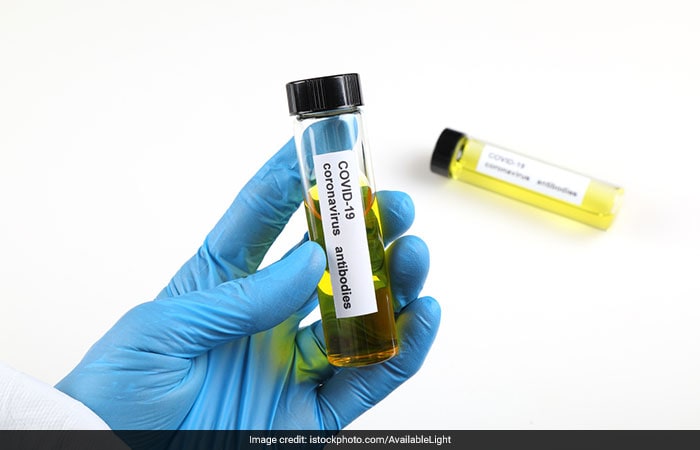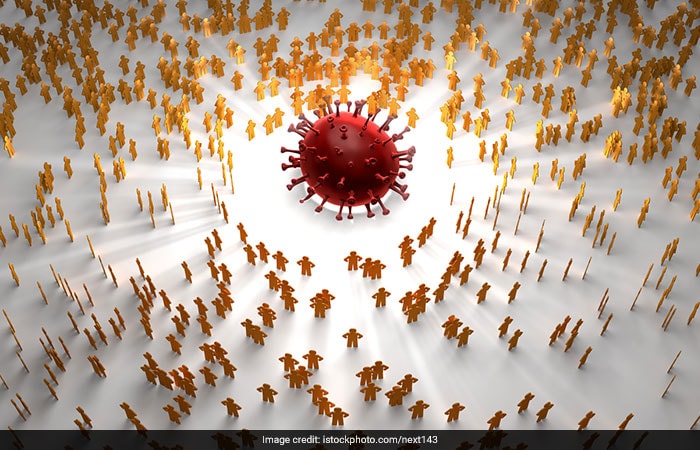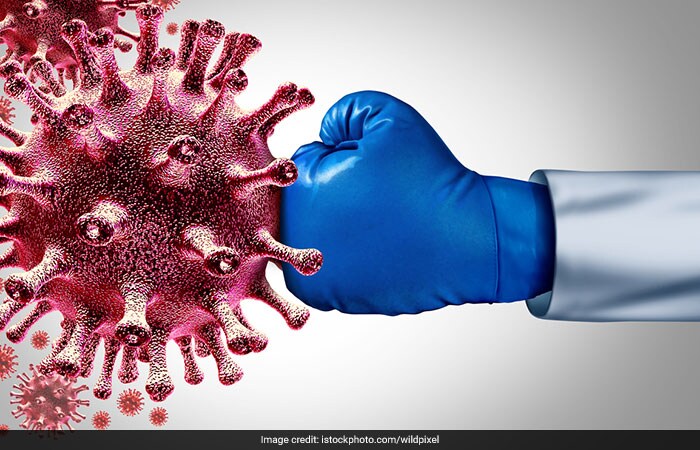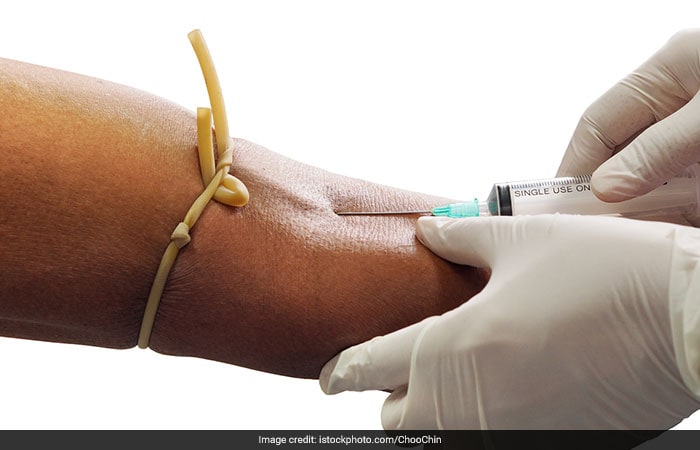Coronavirus Explained: What Are Sero Surveys And Why Are They Important?
Novel Coronavirus or SARS-CoV-2 has infected over 1.08 crore people in India but according to a latest sero survey conducted by the Indian Council of Medical Research (ICMR), around 29 crore people in the country have been infected with COVID-19. Why is there this huge difference in the confirmed COVID-19 cases and the sero prevalence? According to experts, the COVID-19 cases can be asymptomatic or there are chances that people didn't report of the infection. This is exactly where the role of sero survey comes in, to gauge the prevalence of the virus in a particular area. Here is everything you need to know about sero surveys.
-
How Is A Sero Survey Done?
The blood serum of a group of individuals is tested using an antibody test, also known as a serology test. The antibody test looks for antibodies and examines if an individual's immune system has responded to the infection.A human body develops two kinds of antibodies - IgM (Immunoglobulin M) and IgG (Immunoglobulin G) against any infection. IgG antibodies stay for months indicating of a past infection.
-
What Is The Importance Of Sero Survey?
Sero survey broadly indicates two things; firstly, the percentage of the population exposed to the virus. Secondly, which groups are more exposed or have had higher rates of infection. For example, if the sample population includes health workers, children, elderly then the results can tell that among the three groups, which group has had more infections. Thirdly, how infection rates are progressing in a particular area. For this, sero surveys need to be done regularly.
-
For How Long The Immune Response Lasts?
According to experts, usually memory cells consisting of T-cells and B-cells retain the memory of an infection for a lifetime so that when the virus attacks the body second time, memory cells can initiate faster and quicker immune response. However, in the case of COVID-19, we don't know for how long the immunity lasts. According to various studies, the immunity may last for four to six months.

